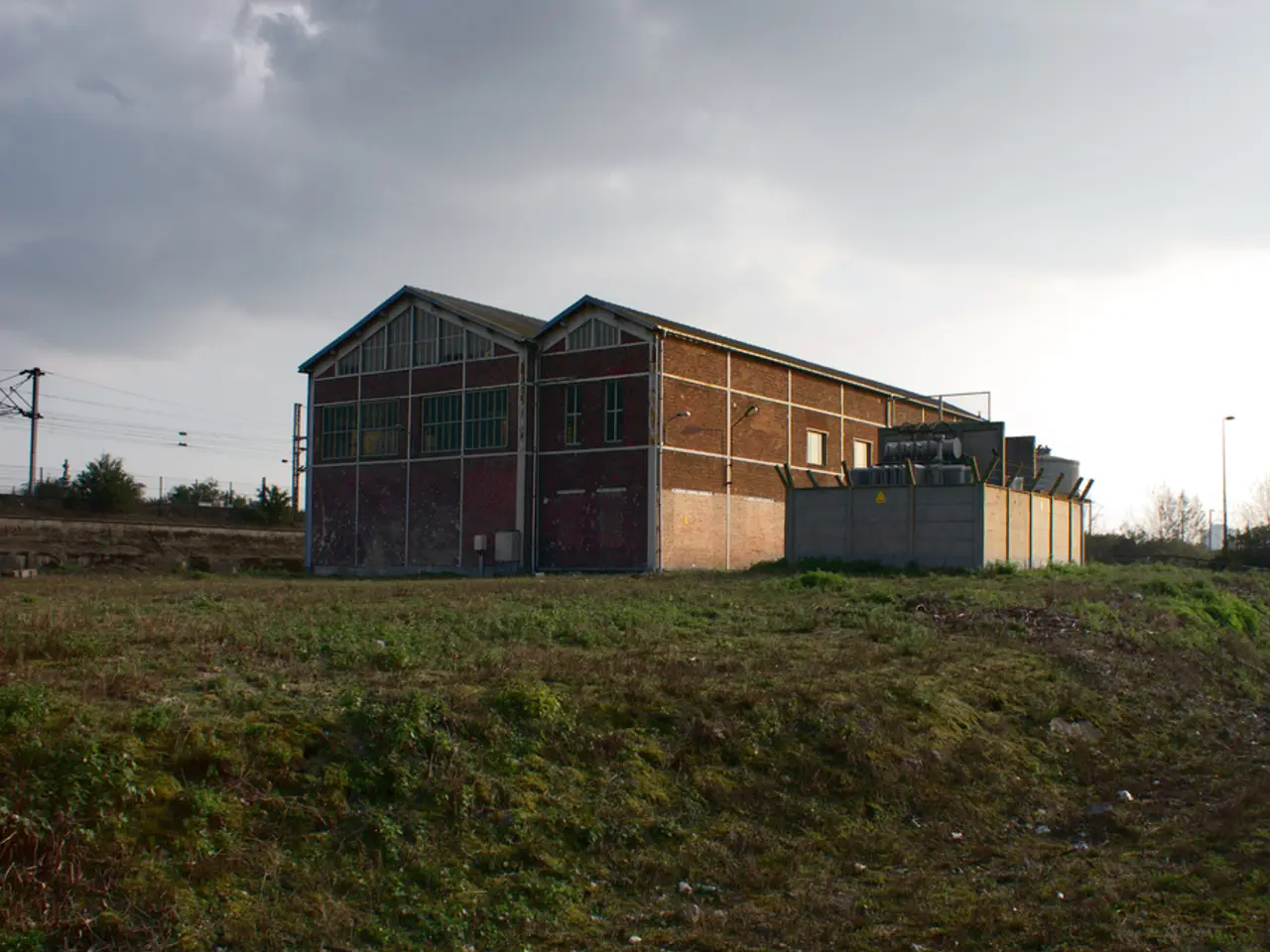Potential homeless individuals who resist participation in Trump's crackdown efforts face potential imprisonment, according to White House declarations.
=============================================================================================================
The Trump administration has initiated a crackdown on homelessness in Washington, D.C., offering homeless individuals an ultimatum to either leave encampments for shelters, accept addiction or mental health treatment, or face fines and possible jail time. This aggressive approach, enforced by Metropolitan police and federal agents, has seen over 70 homeless encampments cleared by U.S. Park Police since March.
Key Details
- Options offered: Homeless individuals are given the choice to move into shelters, receive addiction or mental health services, or relocate from their current encampments.
- Penalties for non-compliance: Refusing to comply can result in fines or jail time.
- Policy shift: This crackdown represents a significant departure from the Housing First model, which prioritizes providing permanent housing without preconditions. Instead, the Trump administration focuses on treatment-first programs requiring sobriety and compliance, sometimes enforced through involuntary institutionalization under legal mechanisms like civil commitment.
- Enforcement rationale: The administration frames the crackdown as necessary to restore public order, curb crime, and address what it describes as disorderly behavior among homeless populations. This was branded under the executive order titled “Ending Crime and Disorder on America’s Streets,” signed July 24, 2025.
- Criticism and impact: Advocacy organizations and experts strongly criticize the approach as punitive, ineffective, and likely to worsen homelessness by criminalizing people experiencing homelessness instead of addressing root causes like affordable housing shortages. The order cuts funding for harm-reduction programs and expands the use of police powers against homeless individuals, which opponents argue will increase homelessness and suffering.
- Impact on homelessness numbers: Although enforcement is intensifying, Washington, D.C. still had about 798 people experiencing homelessness nightly at that time, despite a reported 9% decrease in homelessness in 2024.
Controversy and Response
The White House's announcement of potential fines and jail time for non-compliance has sparked controversy, with advocacy organizations and experts expressing concern that the approach may exacerbate homelessness rather than solve it. Meanwhile, Jacob Adams, a political activist, reported that federal agents told homeless people they could stay overnight at Union Station. Andy Wassenich, director of policy at Miriam's Kitchen, said his team was trying to warn people about the potential crackdown and advised them to seek shelter or safety if possible.
The Trump administration temporarily took over the District of Columbia's police department and deployed 800 National Guard troops as part of a crackdown on crime in Washington, D.C. President Donald Trump bypassed the city's elected leaders by declaring a "public safety emergency" and invoking a section of the act that allows the president to take over the police force for 30 days under emergency conditions.
Despite the intensified enforcement, Wassenich stated that there is little evidence of the homeless population being directly affected by the surge in law enforcement so far. On Monday night, 850 officers and federal agents made 23 arrests across the city, but did not appear to target homeless individuals. A small group of federal agents arrived at Union Station on Sunday night, but did not disperse the gathered homeless people or appear to target them.
Future Implications
The Trump administration is exploring strategies to relocate homeless individuals "far from the capital." However, critics argue that such measures will only exacerbate homelessness by disrupting support networks and access to resources. As the administration continues to enforce its crackdown, it remains to be seen whether the approach will effectively address homelessness or further marginalize those most in need.
Homelessness reached a record high nationwide in 2024, with over 771,000 men, women, and children experiencing homelessness on a single night, according to the Department of Housing and Urban Development's latest homelessness report to Congress. The District of Columbia operates under the Home Rule Act, which allows residents to elect a mayor and city council, but gives Congress ultimate authority. Despite the controversy surrounding the administration's approach, the estimated homeless population in Washington, D.C., is 5,616, a 14.1% increase from the year before.
In summary, the Trump administration's crackdown on homelessness in Washington, D.C. imposes a threefold ultimatum—shelter, treatment, or jail—and emphasizes law enforcement and behavioral health treatment over housing solutions. This shift departs substantially from previous consensus-based federal policies and faces strong backlash from civil rights and public health experts who warn it may exacerbate homelessness rather than solve it.
Read also:
- Discussion between Putin and Trump in Alaska could potentially overshadow Ukraine's concerns
- Court petitions to reverse established decision on same-sex marriage legalization
- Independence supporters in New Caledonia refuse agreement offering authority without a vote on sovereignty
- Proposed Standardization of Food Labeling Laws Among Member States by the Commission







